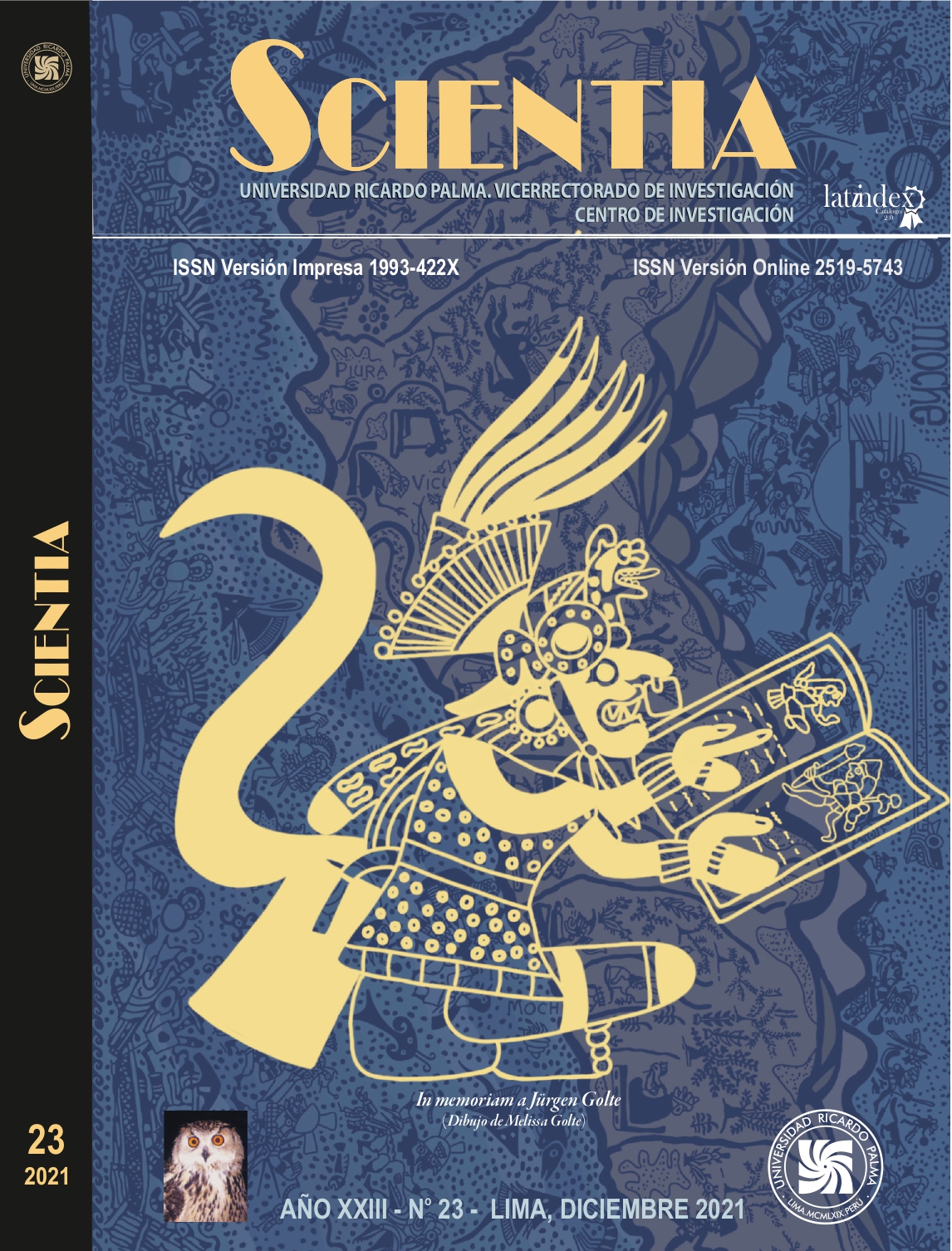EL CARÁCTER DE CLASE DE LA EXPANSIÓN DEL COVID-19: EL CASO DE LA CAPITAL DEL PERÚ, LIMA
DOI:
https://doi.org/10.31381/scientia.v23i23.4551Keywords:
Peru, COVID-19, laboring classes, international division of labor, micro companies, informality, neoliberal development modelAbstract
Peru has become one of the most affected and infected countries by COVID-19.
The expansion of the virus could not be contained by a complete lockdown and
a state of emergency. The reopening of the economy increased the expansion of
COVID-19. Peru’s role in the international division of labor, the country’s company
structure, high levels of informality and the general use of temporary contracts are
the structural conditions on which the expansion of COVID-19 in the country rests.
For in Metropolitan Lima, districts with a more than average rate of informality have
also a more than average rate of COVID-19 infections. In this article, it is argued that
COVID-19 is not a democratic virus but a class virus. As such, it is contended that the
neoliberal development model has been responsible for the government’s limitation
to implement measures according to the country’s social and economic structure
that might have contained the expansion of COVID-19





2.png)



